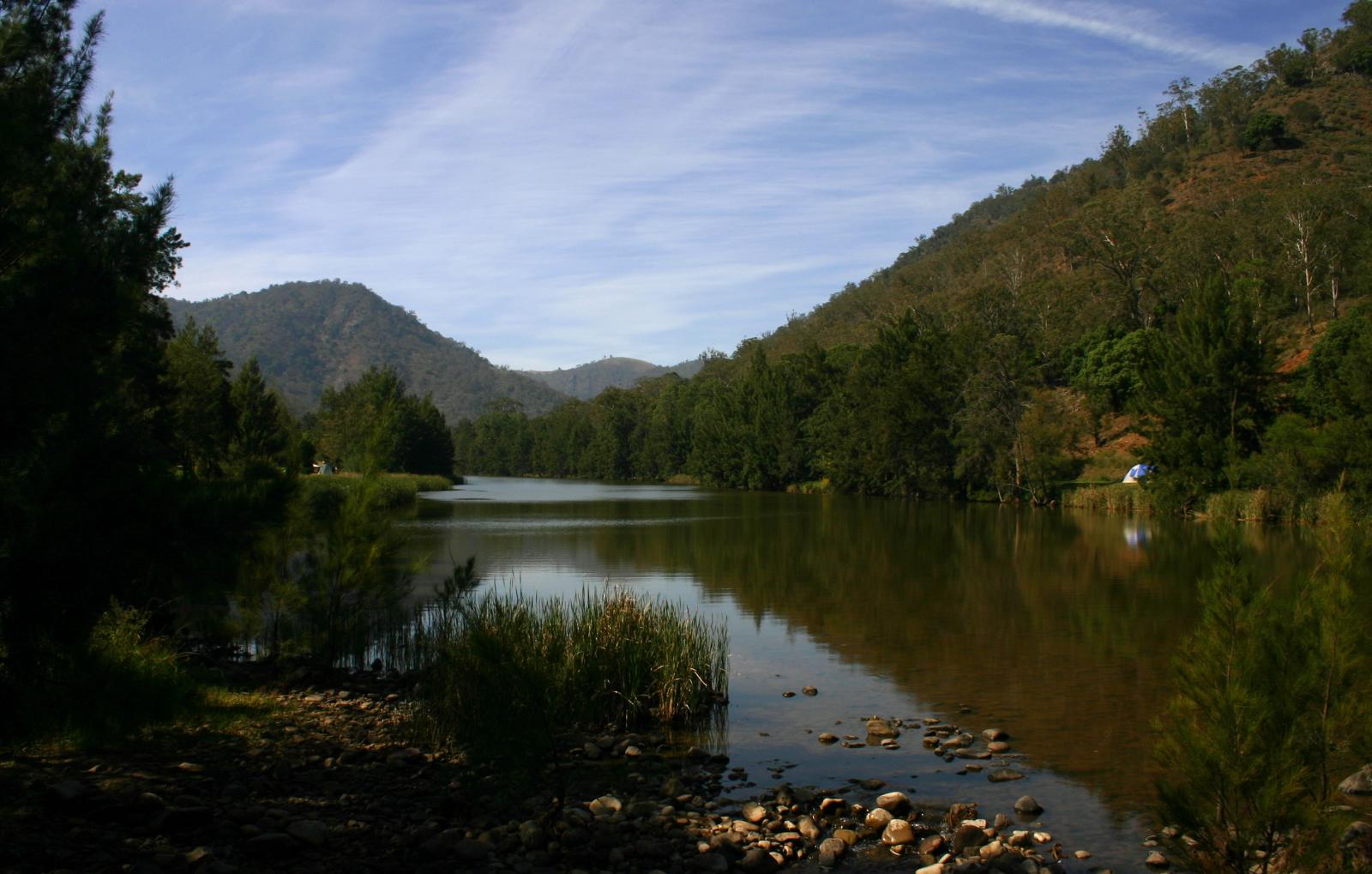Last week I received an email from my colleague Huw Kingston letting me know that he was stepping up to a new challenge, one that was very different to any he has undertaken to date.
Huw describes himself on his website as ‘an adventurer, speaker, entrepreneur, former cafe owner, event director, environmentalist, writer, ski guide, mountain bike guide, tour leader and grandfather’ – and even that list only seems to touch the surface.
You might wonder what challenge could possibly be so unusual to someone like Huw given what he has accomplished so far. And then the next sentence of his email said it all: he is standing as an independent candidate in the coming Australian federal election.
Just to be clear – this is not a political blog post. I am not here to suggest that if you are in the right electorate then you must vote for Huw. What I want to write about is my response to Huw’s news and the fact that he is ‘stepping up’ when others are stepping away.
As I read the reasons Huw put forward, I experienced a deep sense of his commitment to the ‘greater good’. He wants to do what he believes is best for the whole community, for his children and grandchildren, and for the environment and the planet.
He talked about being angry at what he has seen happening in parliament, however his anger was not directed at specific people but at a culture of ‘playing a game of party politics’ rather than governing and remaining clear about the critical matters we face. He was focussing on the issues, situation and behaviour rather than on the person. All of this sums up exactly what we would expect to see from someone who is demonstrating a high level of emotional health.
We often find ourselves looking for examples of what it means to live a life of Social Value (emotional health level 3) – a level at which a person has a greater range of behavioural freedom and starts to move their concerns to others and what is important for society. As this person starts to lose more of their self-centeredness there is a natural tendency to embrace the social aspects of their community and want to make a difference. They use their emotions constructively. They still experience the full range of emotions but they use the energy from them to take action and lead by example rather than blame, defend, deny and justify – which is the focus at lower levels of emotional health.
As Huw says: ‘I could of course shy away from this madness and carry on with what is, by any measure, a good and happy life. I could continue to take my grandkids out into the bush, the snow and down the rivers. But in reality, I couldn’t quite deal with them and all younger generations if I didn’t at least try to effect positive change for the future.’
Having the courage to ‘step up’ independently and recognising the critical importance of governance and working with the community around you to find answers and solutions to the issues we all face – these are clear markers for a different, style of political leadership.
Perhaps, as Dianne Collins suggested in her response to a previous post of mine on this topic, we are starting to see the rise of genuinely awakened leaders who speak up and stand up for ‘what’s best and right for the whole of their nation’. Dianne confirms that we are in a time of restructuring of our institutions, ourselves and our thinking. She also suggests that ‘the party’s over’: that political parties may no longer be an effective structure for great leadership and governance.
I am sure Huw is not alone in his thinking nor in the action he has decided to take. I welcome the opportunity to hear about other leaders you know who are stepping up for the greater good. How exciting it will be to see them leading by example and taking our nation, and other nations confronting similar challenges, on a different path for the future.
Gayle
Photo of Wollondilly Crossing, Wombeyan Caves Road in the federal electorate of Hume, by Ian Sanderson on Flickr.com (used under Creative Commons licence)

